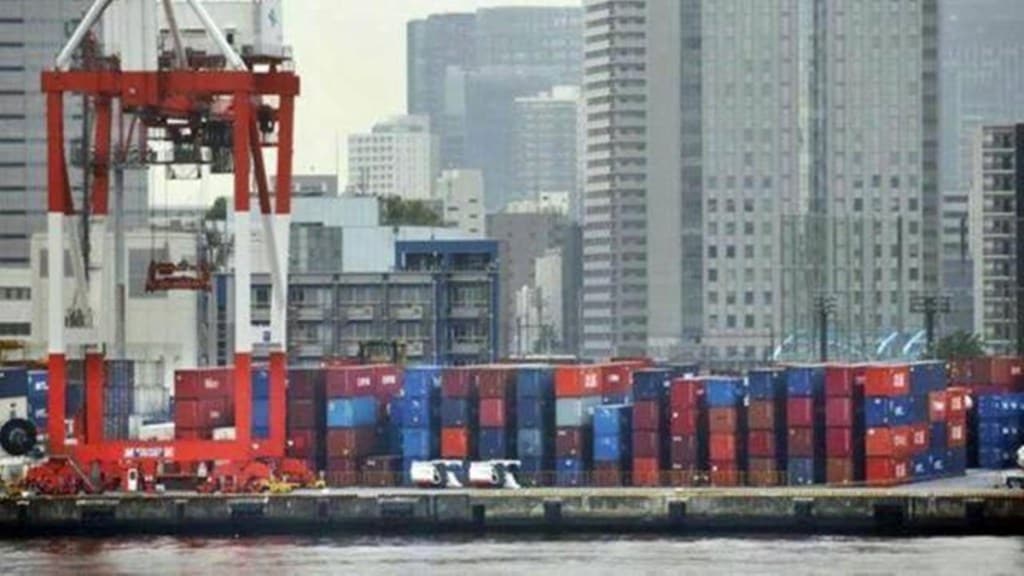Recently, India defended its minimum support price (MSP) policy for foodgrains at the World Trade Organization (WTO), saying that it not only benefited vulnerable farmers but also furthered global food security, by keeping global prices in check and making foodgrains affordable for least developed countries. Sarthak Ray takes a look at the WTO’s policy on members’ subsidies
What India said at WTO
Under the WTO‘s Agreement on Agriculture (AoA), all domestic support in favour of agricultural producers is subject to rules. India told the WTO Agriculture Committee that its public stockholding programme ensured that it didn’t have to import the vast quantities it needed for its food security needs and thereby cause the price of grains to spike—which, in turn, ensured that LDCs didn’t find it too difficult to procure these. It underlined the fact that such stockholding had nothing to do with subsidised exports.
Also read: Economy to stay on course in FY24: FM Nirmala Sitharaman
India is facing severe criticism at the WTO from nine members, including the US and rice-exporting Thailand, over its stockholding at administered price programme and for using the ‘Bali peace clause’ to protect its rice subsidies.
The Agreement on Agriculture
The AoA categorises domestic support as Green Box support (no or minimal trade distortive effect, such as R&D support) and Amber Box support (any support that distorts trade) with MSP, in principle, being considered such support. The aggregate monetary value of Amber Box is subject to member-specific reduction commitments. Green Box measures are exempt from reduction commitments.
Developing countries’ public stockholding for food security is treated as Green Box support. Such support must have minimal trade-distorting effect and no specific production-favouring effect. Direct payments to producers that don’t distort production balance (type & volume), certain developmental measures in developing countries and certain direct payments under production-limiting programmes, and de minimis levels of support are exempted from reduction.
Bali Peace Clause
The AoA’s de minimis norms protect price support in any year, even if it is perceived as trade-distorting, if aggregate value of the product-specific support does not exceed 5% of the total value of production of the product. Non-product specific support less than 5% of the value of total agricultural production is also exempt from reduction. The 5% threshold applies to developed countries whereas for developing countries the de minimis ceiling is 10%.
At the 2013 Bali conference, developing and developed nations arrived at a temporary window to protect countries’ food security programmes even if these breached the de minimis rule. The peace clause was to be in force for four years till 2017, by when a permanent solution was to be found. The peace clause comes with exhaustive disclosures requirements including full dislcosure of
MSPs and annual procurement operations.
Also read: Hot, dry weather plays havoc with Darjeeling first flush tea
India’s public stockholding and why it has raised hackles of some members
Nine major grain exporters challenged India’s public stockholding in March this year. India has invoked the Bali Peace Clause many times with respect to its grains procurement and stockholding programme. The countries allege that the heavily subsidised stockholding is affecting food security of other countries. India has argued the reverse, against the backdrop of the shortage of grains because of Russia’s war against Ukraine.
It reportedly told the WTO committee that while global exports of rice amounted to 56 million tonne in 2021, those covered by the national food security programme got 58 mt. It has stated that it doesn’t export rice from its MSP-led procurement programme—rather, its exports are of premium quality rice. India has also relied on the data from its Open Market Sales Scheme that show that the biggest buyers have been state governments, and not private parties who could be suspected of exporting the grains.
India’s accusers, on the other hand, say it has not provided enough disclosures and has no mechanism to check stocks from being exported. India says it will provide certain data once it has compiled it. Along with the G-33 grouping and African nations, India is seeking a permanent solution for public stockholding of foodgrains.

